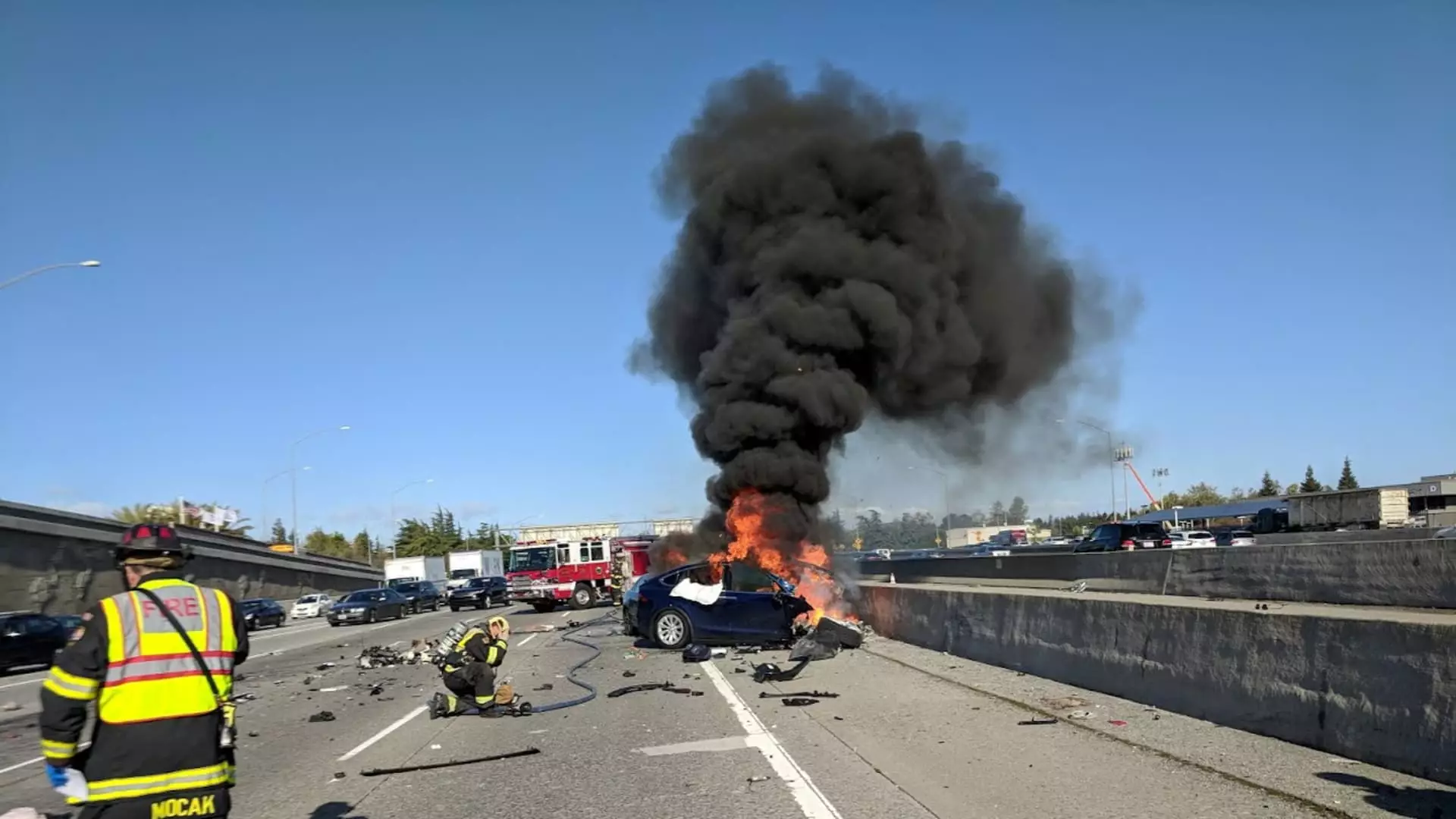The National Highway Traffic Safety Administration (NHTSA) released a report after a nearly three-year investigation revealing a “critical safety gap” in Tesla’s Autopilot system. This gap was found to have contributed to 467 collisions, with 13 resulting in fatalities and many more causing serious injuries. The analysis was based on 956 crashes where Tesla Autopilot was suspected to be in use. The findings highlighted that the design of Tesla’s Autopilot system had led to misuse and avoidable crashes due to its failure to ensure driver attention and appropriate use.
As a response to the identified defects, Tesla issued a software update as part of a voluntary recall in December. This update was intended to fix the Autopilot issues discovered during the NHTSA investigation. However, the agency raised concerns about the effectiveness of the update, suggesting that it might have been inadequate as more accidents linked to Autopilot were reported post the update. In one tragic incident in Snohomish County, Washington, a Tesla driver using Autopilot struck and killed a motorcyclist.
This report by NHTSA adds to the growing skepticism surrounding the safety of Tesla’s Autopilot technology. Both regulators and watchdogs have raised questions about the reliability of the system, which Tesla has touted as a distinguishing feature from other car manufacturers. Lawmakers such as Sens. Edward J. Markey and Richard Blumenthal have called on federal regulators to compel Tesla to limit the use of Autopilot to designated roads to prevent further tragedies.
In a recent development, Tesla reached a settlement with the family of Walter Huang, an engineer who died in a crash involving a Tesla with Autopilot features. The terms of the settlement remain undisclosed as Tesla sought to keep them confidential. Despite these controversies, Tesla and CEO Elon Musk have expressed confidence in the potential of autonomous driving, with Musk stating that those who doubt Tesla’s ability to achieve autonomy should reconsider investing in the company.
Criticism from Experts and Concerns for Safety
Automotive safety researcher Philip Koopman from Carnegie Mellon University has criticized Tesla’s marketing tactics and safety claims, referring to it as “autonowashing.” He emphasized the need for Tesla to address the concerns raised by NHTSA and take steps to enhance safety measures. Koopman highlighted the risks associated with misplaced confidence in Tesla’s Autopilot capabilities and recommended restrictions on Autopilot use based on mapped data to prevent further accidents.
The NHTSA investigation’s findings shed light on significant safety issues within Tesla’s Autopilot system. The regulatory scrutiny, congressional calls for action, and expert criticism all point towards the urgent need for Tesla to reevaluate and improve the design and functionality of its Autopilot technology to ensure the safety of drivers, passengers, and other road users. Moving forward, addressing these concerns and implementing effective safety measures should be a top priority for Tesla to regain public trust and prevent further accidents related to Autopilot misuse.

